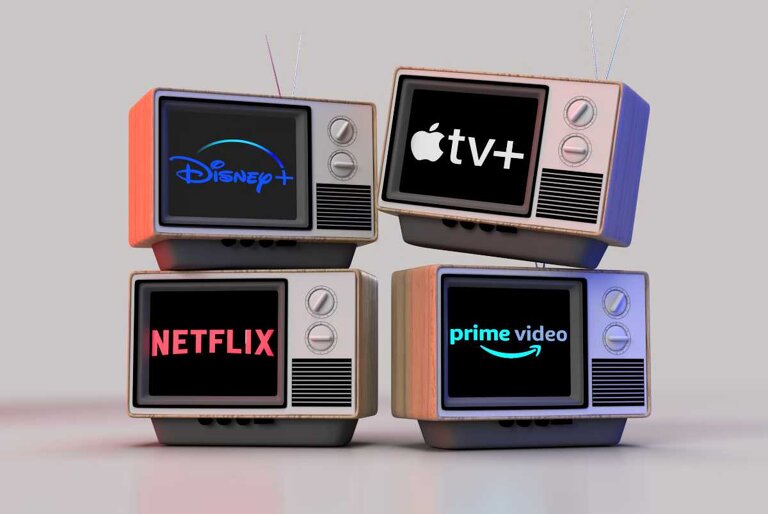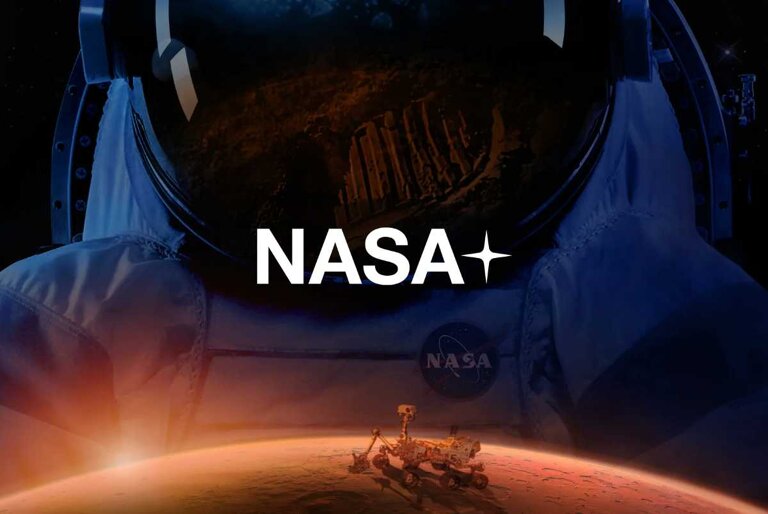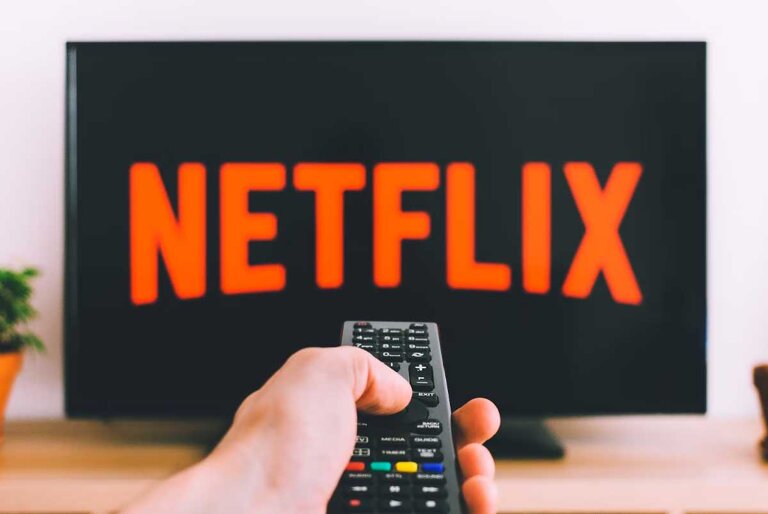In October 2024, the Philippine government signed into law the Value-Added Tax on Digital Services, reinforcing tax regulations on online platforms operating in the country. This law applies to digital services, which broadly include subscriptions and transactions conducted over the Internet.
Effective June 2, 2025, the measure aims to increase government revenue while providing support to the local creative industry. However, consumers will feel the impact, as companies are likely to pass on the added tax, leading to higher prices across various digital services.
What Services Are Affected?
Under the new law, the Bureau of Internal Revenue (BIR) will collect VAT from various digital platforms that provide services to Filipino consumers. Here are some of the services that could be affected:
- Streaming services: Netflix, Disney+, HBO Go, YouTube Premium, Apple TV
- Music platforms: Spotify, Apple Music
- App Stores: Apple App Store, Google Play Store, Microsoft, Adobe Creative Cloud, Autodesk
- Digital marketplaces: Lazada, Shopee, TikTok Shop, YouTube Shopping, Amazon, Zalora
- Cloud services: Google Drive, AWS, OneDrive, Dropbox
- Digital advertising: Facebook Ads, Google Ads
- Gaming Platforms: Steam, PlayStation Store, Xbox Live, Xbox Game Pass, Epic Games Store
- Freelancer platforms: Upwork, Fiverr, Freelancer.com, OnlineJobs.ph, Toptal, etc.
- Online learning platforms: Coursera, Skillshare, Udemy, LinkedIn Learning, HubSpot Academy, Duolingo Plus, Rosetta Stone, etc.
Since the law was signed, some digital service providers have already made price adjustments. Netflix and Steam have already announced increases in their subscription fees and game prices due to VAT inclusion.
For now, we will have to wait and see how other digital services adjust their pricing as the implementation progresses.
Who is Exempted?
Certain services remain VAT-exempt, including:
- Educational institutions offering online courses (e.g., universities, DepEd-recognized schools) are VAT-exempt.
- Government-approved learning platforms used by schools and universities do not need to charge VAT.
- Free learning platforms (e.g., Khan Academy, Google Digital Garage) remain unaffected.
Stricter Compliance
Under the law, the BIR Commissioner has the authority to suspend or block access to non-compliant digital service providers. The Department of Information and Communications Technology (DICT) and the National Telecommunications Commission (NTC) will enforce the law, ensuring digital companies follow VAT regulations.
While price hikes may be an expected consequence, consumers should stay updated on possible adjustments across various platforms as the law is fully implemented.
Featured image: Unsplash








